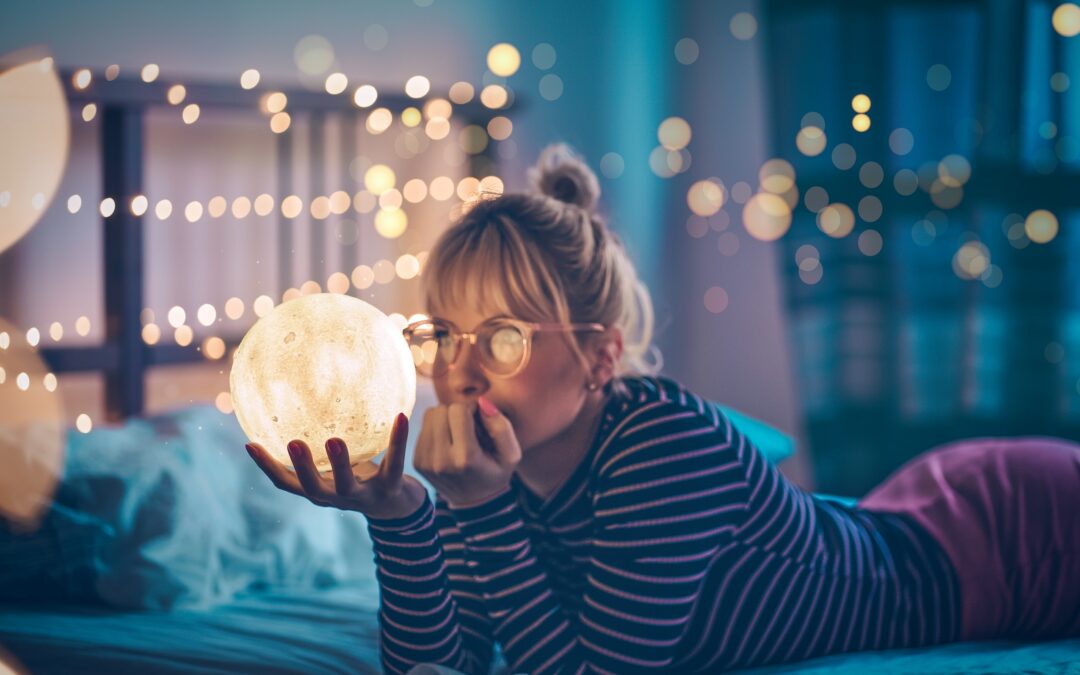How light, sight and circadian rhythm affect your shut-eye
How are you sleeping? It seems like many of us suffer from disrupted sleep and the effects this has on our day-to-day life. There are many causes (and cures) for the problem – and one simple solution is right in front of our eyes.

As humans have increasingly become a species of city-dwelling indoor workers we have become exposed to less natural light during the daytime, and less darkness during the night. This disruption to our circadian rhythm has been linked to a range of negative impacts for healthy sleep. It’s not just about a loss in productivity and alertness either – health issues as serious as heart disease and diabetes can arise due to ongoing sleep problems.
Yet, despite knowing that a good night’s sleep solves all manner of ills, many of us struggle to make it happen. Fortunately there’s a solution that costs absolutely nothing and is easy to make a habit out of…
We should just go outside.
Recent scientific advances have allowed researchers to make evidence-based recommendations for pulling our circadian rhythm back into, well, a rhythm. It turns out that exposing the eyes to sunlight at particular times of day – and avoiding it at other times – can assist in regulating sleep.
Here are the key ways you can get more from your sleep.
Morning light, sleeper’s delight
As soon as possible after waking up, preferably in the first 30 – 60 minutes, take a short walk outside. Exposing our eyes to natural light sets off important chemical reactions in the body through cells in the retina. Specifically, it triggers a change in levels of cortisol and melatonin that’s important for a good night’s sleep later in the day.
Dr Andrew Huberman, professor of neurobiology and ophthalmology, explains why in his podcast ‘Master your sleep’.
“There’s a healthy rising tide of cortisol that happens early in the day… it makes you feel alert, it makes you feel able to move and want to move throughout your day for work for exercise, school, social relations, etc. But it also sets off a timer in your nervous system that dictates when a different hormone, called melatonin, which makes you sleepy, will be secreted,” Dr Huberman explains.
Ideally, you want natural light to fall indirectly on the retina. So, don’t wear sunglasses if possible, as they block out large amounts of the UVB light needed to trigger the retinal cells.
Even on a cloud-covered day natural light is better than artificial light – but sometimes a walk outdoors is not always possible for everyone. If this is the case then exposure to an LED lamp, a lightbox or even an LED selfie ring will do the trick. No, scrolling on your phone won’t cut it.
As for how long you stay outside, it depends on the brightness of the light. According to Dr Huberman, “On bright cloudless days: view morning and afternoon sun for 10 min; cloudy days: 20 min; very overcast days 30-60 min. If you live someplace with very minimal light, consider an artificial daytime simulator source.”
Afternoon light; ready for the night
Morning light sets the clock, but what keeps it anchored is viewing the sun when it’s close to the horizon, around three hours before bedtime.
This sends your central circadian clock a signal that it’s the end of the day and can actually help protect the circadian rhythm from being impacted by light exposure later in the day (if say, you wake up in the night and need to turn a light on). As in the morning, go outside in the late afternoon or evening, preferably with sunglasses off for anywhere from 2 to 10 minutes.
No such thing as a night owl
The longer you’re awake, the more sensitive your retina is to light. That means exposure to bright light is going to have a stronger effect later in the day on keeping you awake.
The recommendation is to therefore avoid bright light between 10pm and 4am. Huberman suggests lighting in the home should be sufficient for moving around safely at night but no brighter.
Because of screens and artificial lighting, we are now more likely to be exposed to bright light at times when it’s most unhelpful. It may take some adjusting to break the habit of looking at your phone before bed!
Other tips for steadying the sleep cycle:
- Make your room as dark as possible for sleep and keep it cool. Your body temperature needs to drop to fall and stay asleep.
- If you wake up during the night, avoid looking at your phone.
- Place your phone on the other side of the room from 10pm to avoid temptation.
- During winter, when daylight is shorter, chase that sunshine down and get amongst it as least twice a day.
- If you feel really tired at night but can’t sleep, get up and spend 20 minutes doing a relaxing (non-screen) activity, then try again after that.
